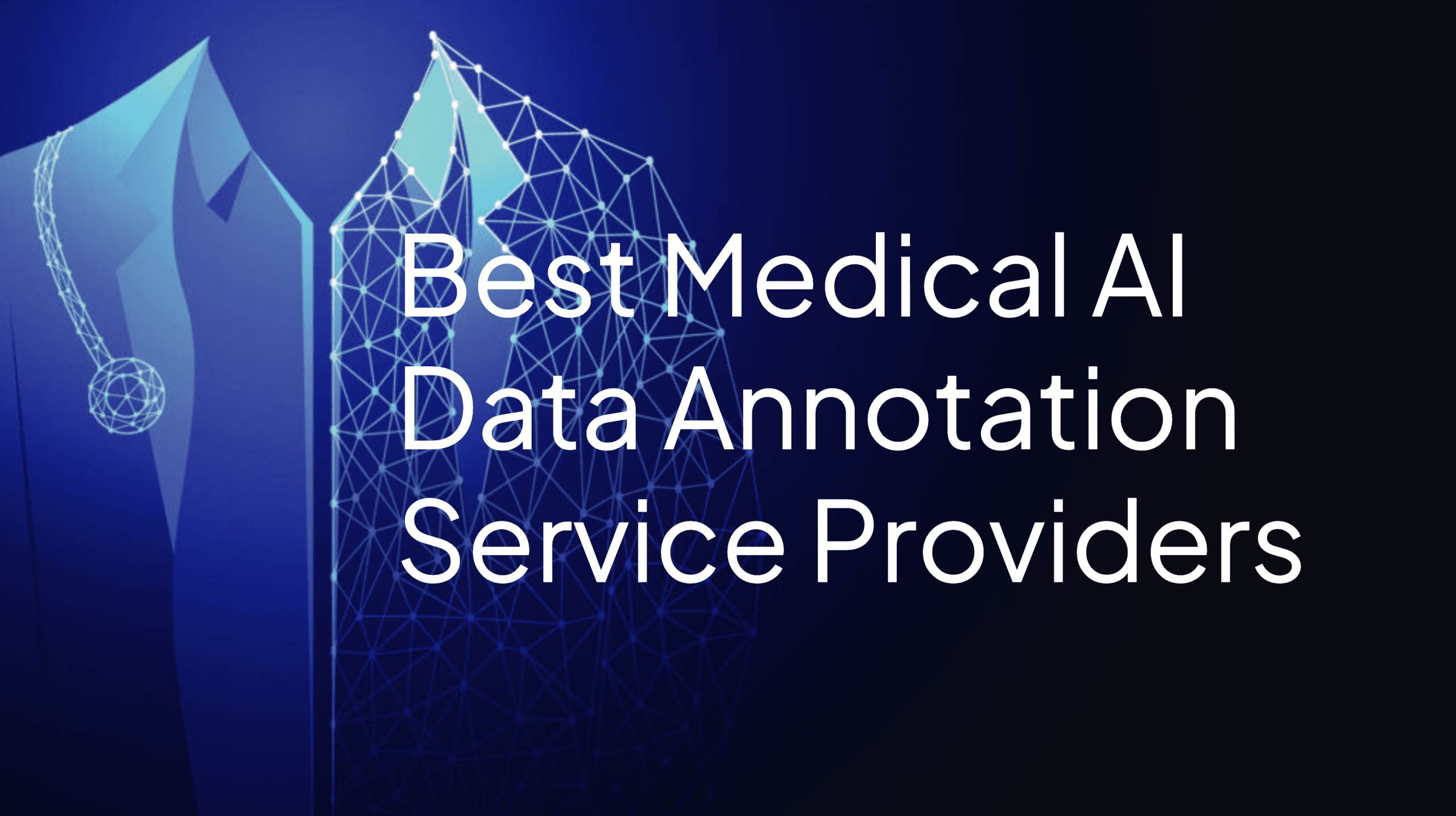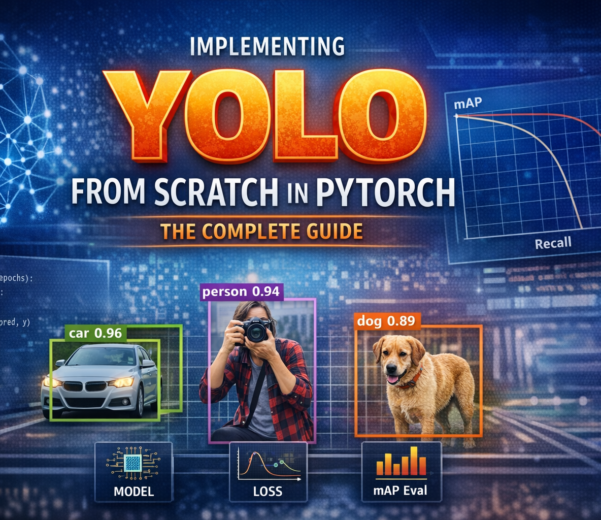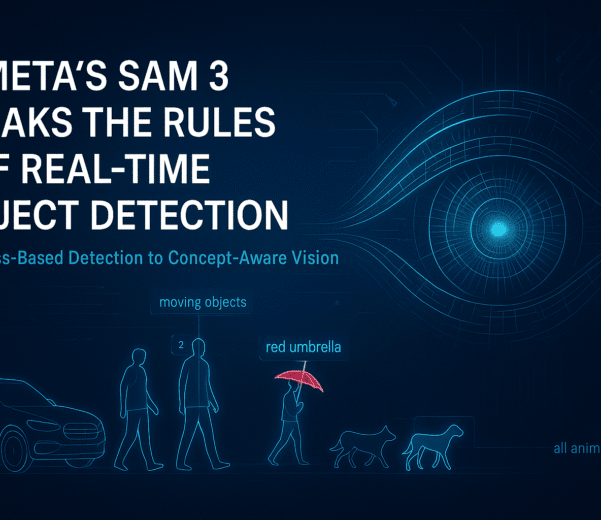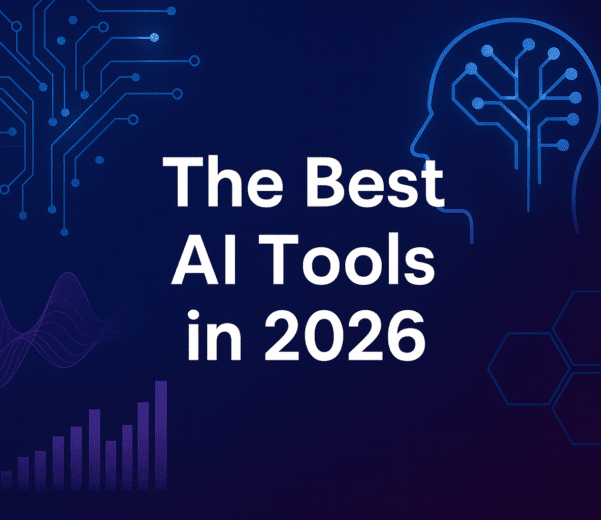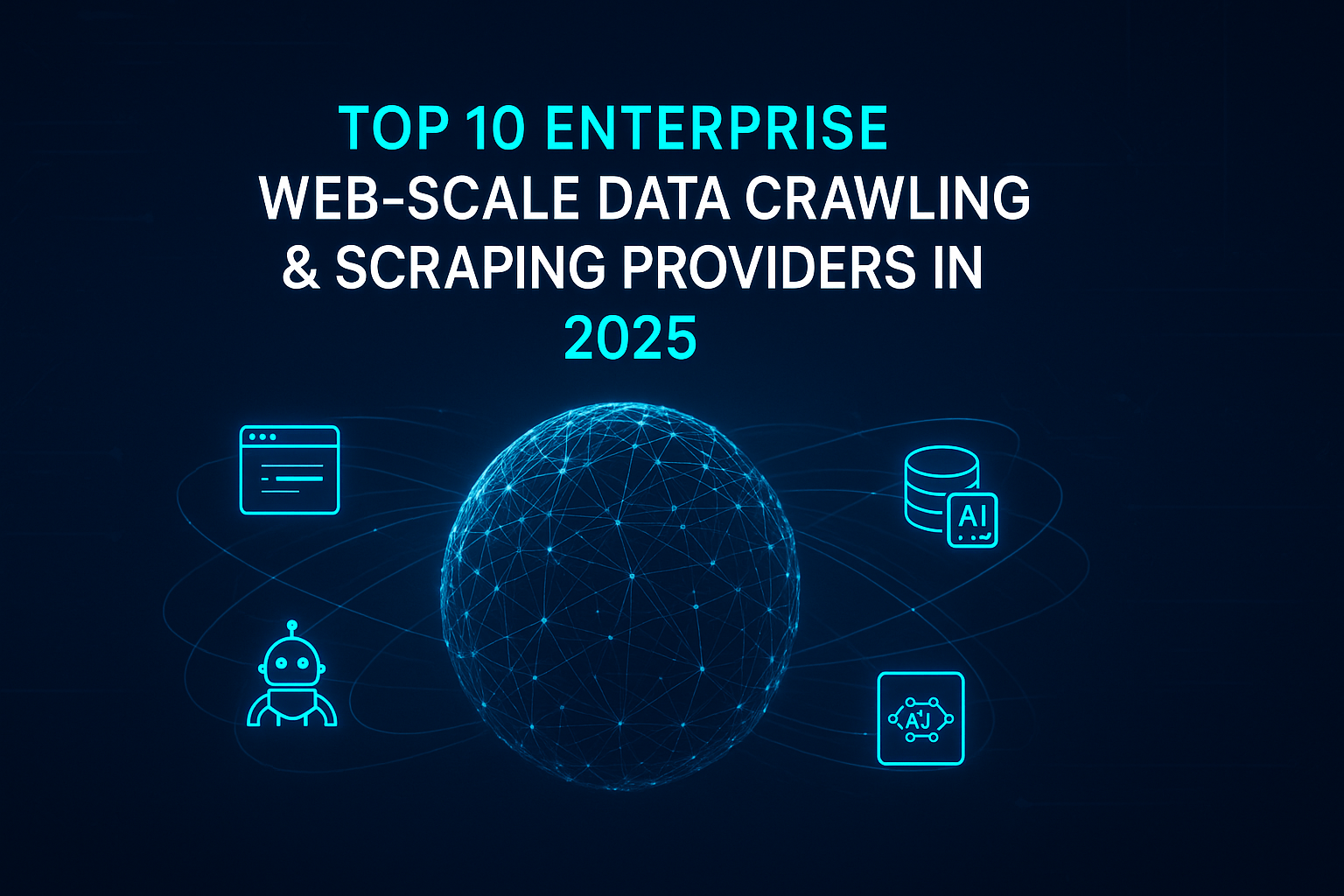Introduction
The realm of medical artificial intelligence (AI) is revolutionizing healthcare. From automating disease detection in medical images to streamlining clinical workflows, AI holds immense potential to improve patient outcomes and healthcare delivery. However, the success of these AI models hinges on one crucial element: high-quality labeled medical data. This is where medical AI data annotation service providers come into play.
Understanding Medical Data Annotation
Medical data annotation involves meticulously labeling medical data, such as images, text (electronic health records, clinical notes), and waveforms, with relevant information. This information could be bounding boxes around tumors in X-rays, classifying abnormal tissue types, or identifying specific medical terms within clinical notes. Accurate and consistent annotations are essential for training AI models to accurately interpret medical data and make reliable predictions.
Challenges in Medical Data Annotation
Medical data annotation presents unique challenges:
- Complexity: Medical data can be highly intricate, requiring specialized knowledge of anatomy, pathology, and medical terminology.
- Privacy: Medical data is subject to strict privacy regulations, necessitating secure data handling practices by annotation providers.
- Scalability: Training robust AI models demands vast amounts of labeled data, making scalability a critical concern.
The Role of Medical AI Data Annotation Service Providers
Medical AI data annotation service providers bridge the gap between raw medical data and high-quality labeled datasets. These companies offer a range of services, including:
- Data Sourcing: Some providers can source medical data from diverse sources, adhering to data privacy regulations.
- Project Management: Experienced teams manage annotation projects, ensuring efficient workflows and timely delivery.
- Annotation Tools: Providers offer specialized annotation platforms designed for medical data, streamlining the labeling process.
- Expert Annotators: A critical aspect is the workforce. These companies recruit and train medical professionals with relevant expertise to ensure accurate annotations.
- Quality Control: Rigorous quality control measures are implemented to verify the accuracy and consistency of annotations.
Choosing the Right Medical AI Data Annotation Service Provider
Selecting the most suitable service provider for your medical AI project requires careful consideration of several factors:
- Expertise: Does the provider have experience in your specific medical domain (e.g., radiology, oncology)?
- Scalability: Can they handle the volume and complexity of your data needs?
- Data Security: Do they have robust data security protocols to comply with HIPAA and other regulations?
- Cost: Compare pricing models and ensure transparency in costs.
- Communication: Effective communication and collaboration are crucial for successful project execution.
Top Medical AI Data Annotation Service Providers
The landscape of medical AI data annotation services is evolving rapidly. Here’s a glimpse into some leading providers:
SO Development recognizes that every medical AI project is unique and requires a tailored solution. Their team of medical professionals and experienced annotators work collaboratively to ensure accurate and efficient data labeling that aligns with your specific project goals.

This platform leverages a global workforce with expertise in medical data. They offer annotation solutions for tasks like image classification, bounding boxes, and semantic segmentation.

A leading provider with a global workforce, including medical professionals for medical data annotation projects. They offer a secure annotation platform and focus on scalability for large datasets.

This company provides data annotation services across various industries and offers expertise in medical data annotation. They can handle tasks like image classification, segmentation, and bounding box creation.

This provider specializes in medical image annotation services, offering a comprehensive suite tailored for the healthcare sector. Their team of skilled annotators with expertise in radiology and pathology ensures a deep understanding of medical nuances.

A well-established platform catering to various industries, including healthcare. Labelbox offers solutions for medical image annotation tasks like object detection, segmentation, and classification.

Beyond the Top 3: Additional Considerations
Several other providers cater to medical AI data annotation needs. Here are some additional factors to consider when making your choice:
- Focus on specific medical domains: Some providers might specialize in particular medical areas like ophthalmology or dermatology.
- Advanced Annotation Techniques: Look for providers offering techniques like active learning or computer-assisted annotation for improved efficiency.
- In-house expertise: Certain providers might have their own team of medical professionals for annotation tasks.
The Future of Medical AI Data Annotation
As the field of medical AI continues to advance, so too will the landscape of data annotation services. We can expect to see:
- Automation and AI-assisted annotation: Automation tools and AI-assisted workflows will streamline the annotation process.
- Focus on explainability and bias detection: Emphasis will be placed on ensuring AI models trained on annotated data are unbiased and interpretable.
- Standardization and best practices: Industry-wide best practices and potentially standardized annotation processes will emerge.
Conclusion
Medical AI holds immense potential to transform healthcare delivery. By investing in high-quality data annotation, fostering collaboration between researchers, developers, and medical professionals, and prioritizing ethical considerations, we can pave the way for a future where AI empowers improved patient care, earlier disease detection, and more effective treatments.



